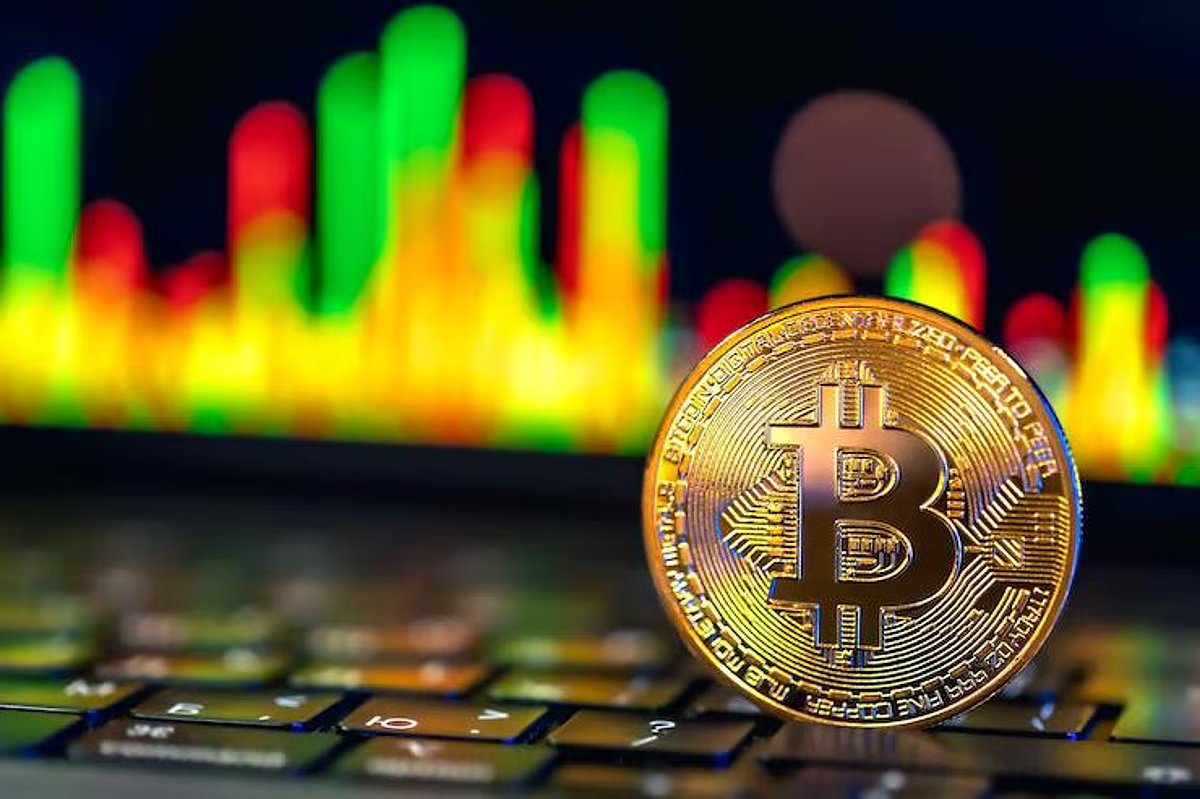Over the last two years, Virtual Digital Assets (VDAs) — cryptocurrencies, NFTs, and other tokens based on blockchain technology — have decimated the financial market. They go from Bitcoin and Ethereum to metaverse tokens and digital collectibles and are revolutionizing the playbook on how people invest, trade, and think about money.
But where there is popularity, there also follows regulation and taxation, the highest grievances filed by governments everywhere — India’s included. India’s 2022 Crypto Tax regime proved to be a game-changer for traders and investors alike who are part of the universe of digital assets.
What are Virtual Digital Assets (VDAs)?
Virtual Digital Asset (VDA) refers to any electronic representation of value stored, transmitted or exchanged digitally. They are maintained on record for safety and transparency reasons through the Blockchain technology.
The Indian Government, under Section 2(47A) of the Income Tax Act, has defined VDAs as:
“Any code, number, token (apart from Indian currency or foreign currency) generated by cryptography algorithms that is worth something which is already exchanged with or for nothing.”
Examples are:
-
Cryptocurrencies like Bitcoin, Ethereum, and Solana
-
Non-Fungible Tokens (NFTs) to authenticate ownership of virtual collectibles or art
-
Utility Tokens for offering access to specific services
-
Stablecoins pegged to fiat money like the US dollar
Therefore, any Virtual Digital Asset that is blockchain-based and has some value can be called a Virtual Digital Asset.
Virtual Digital Assets are taxed in India in the following manner:
India Crypto Tax regime became effective in the Union Budget 2022 officially. It outlined how the VDA transfer income will be taxed and who the investors’ and exchanges’ responsibilities are.
The taxation regulations are as follows:
1. 30% Flat Tax on Profit
-
Sale of Virtual Digital Assets (e.g., crypto trading profit) is taxed at 30% flat.
-
Irrespective of holding period — long-term and short-term profits are taxed equally.
-
No deduction (e.g., transaction fee, mining fee, etc.) other than purchase cost is allowed.
2. 1% TDS (Tax Deducted at Source)
-
1% TDS is levied on each transfer of Virtual Digital Asset under Section 194S of the Income Tax Act.
-
The regulation makes it possible for the government to monitor crypto transactions as well as their operators.
Whether you purchase and sell on an exchange or peer-to-peer, it does not make a difference.
3. No Set-Off or Carrying Forward of Losses
-
You cannot offset losses incurred on crypto transactions against gains accrued on other investments (e.g., equities or real estate).
-
Likewise, unredeemed losses are not rolled forward to future years of income.
4. Gift VDAs
Gift even a Virtual Digital Asset, and it’s taxable in the recipient’s hand if the value is more than ₹50,000.
Understanding the Impact of Crypto Tax in India
The revenue of Crypto Tax in India had a gigantic effect on the digital asset community. The reasons are given below:
For Investors:
-
Less speculative short-term trading because of the very high 30% tax.
-
Increased prudent and long-term investment approach.
-
Turning towards decentralized exchanges or foreign platforms (though even those come under the vigilance of tax authorities).
For Exchanges:
-
Increased compliance standards.
-
Need to introduce TDS mechanisms and report the transactions.
-
More KYC (Know Your Customer) and AML (Anti-Money Laundering) screening.
For the Government:
Compliance Tips for Indian Crypto Investors
To stay in compliance with Crypto Tax in India, remember the following:
-
Keep Transaction Records: Properly maintain records of all crypto transactions, such as purchases, sales, transfers, and exchanges.
-
Precise Reporting: Report crypto earnings and holdings on your ITR in the “Income from Other Sources” column.
-
Keep Record of TDS Deductions: If 1% TDS is being deducted against your transactions, verify if it is being properly shown in your Form 26AS.
-
Assert Real Exchanges: Make sure to trade on exchanges that are in accordance with Indian tax laws.
-
Consult a Tax Professional: Since crypto trading is yet in the development phase, it’s worth paying for to take the advice of an expert.
Indian Virtual Digital Assets Future
India is changing its approach towards VDAs. While the Crypto Tax in India policy might seem Draconian, it is also a move towards legalizing digital assets. Charging tax is acceptance — a welcome acceptance to the industry.
We can look forward to the following in the future:
-
Further differentiated tax slabs by asset or holding period type.
-
Global cooperation to achieve homogeneous crypto regulations.
-
Improved investor protection through state-sponsored surveillance mechanisms.
The government of India is also considering a Central Bank Digital Currency (CBDC) — the Digital Rupee — which would be interoperable with private Virtual Digital Assets, ushering in innovation and control.
FAQs On Virtual Digital Assets And Crypto Tax In India
1. What is a Virtual Digital Asset (VDA)?
A Virtual Digital Asset includes cryptocurrencies, NFTs, and other blockchain tokens of value and electronically transferable or tradable.
2. Can losses under crypto be set off against other income?
No. VDA losses cannot be set off against other sources of income or carried forward to future years.
3. Is crypto gift taxed?
Yes. In case you are receiving crypto worth more than ₹50,000, then it will be deductible from your hands under the Income Tax Act.
4. Do I need to pay tax if I am just holding crypto and haven’t sold it?
No. You will only incur tax when you sell or transfer your Virtual Digital Assets and earn a profit.
Conclusion
The Virtual Digital Assets innovation is a new global world of finance — decentralized, transparent, and borderless. Innovation creates responsibility. The Crypto Tax in India system enables responsibility because it gives legality to this new economy.
For investors, adherence to and understanding of these tax codes isn’t just a way of avoiding penalty fines from getting in their hair — it’s a way of building a stable and secure future in the digital economy.

